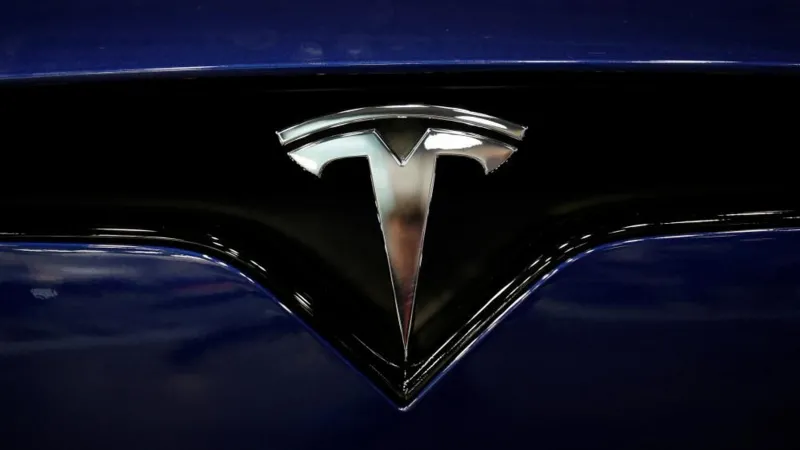The U.S. government agency that oversees road safety, the National Highway Traffic Safety Administration (NHTSA), announced on Friday that it is looking into Tesla’s self-driving software. This investigation affects 2.4 million Tesla cars made from 2016 to 2024.
This evaluation is the first step toward possibly recalling Tesla vehicles if necessary. Tesla has not responded to inquiries about the investigation yet, according to the BBC.
NHTSA started this preliminary evaluation after receiving reports of four crashes involving Tesla’s “Full Self-Driving” (FSD) feature. These accidents happened under poor visibility conditions, such as fog or bright sunlight. One of the crashes resulted in the death of a pedestrian, while another caused injuries.
The purpose of the investigation is to see if Tesla’s self-driving system can effectively recognize and react to these poor visibility situations. The agency also wants to know if other self-driving accidents occurred under similar circumstances.
NHTSA pointed out that, despite its name, “full self-driving” really only means a “partial driving automation system.”
This announcement came just a week after Elon Musk showcased the Cybercab, a fully autonomous taxi that operates without pedals or a steering wheel.
Musk claimed that this robotaxi would be available by 2027. However, some investors were not impressed, leading to an 8% drop in Tesla’s stock since the Cybercab launch.
Unlike Waymo, which is owned by Google’s parent company Alphabet and uses expensive sensors like Lidar and radar for its self-driving cars, Tesla’s technology mainly relies on cameras and artificial intelligence, making it less costly.
This approach has both its supporters and critics, as safety and effectiveness remain major concerns in the industry【BBC】.
https://www.bbc.com/news/articles/cwyvql6g9xxo

